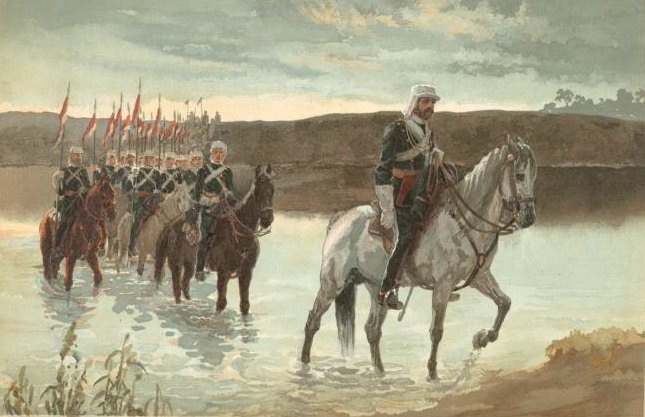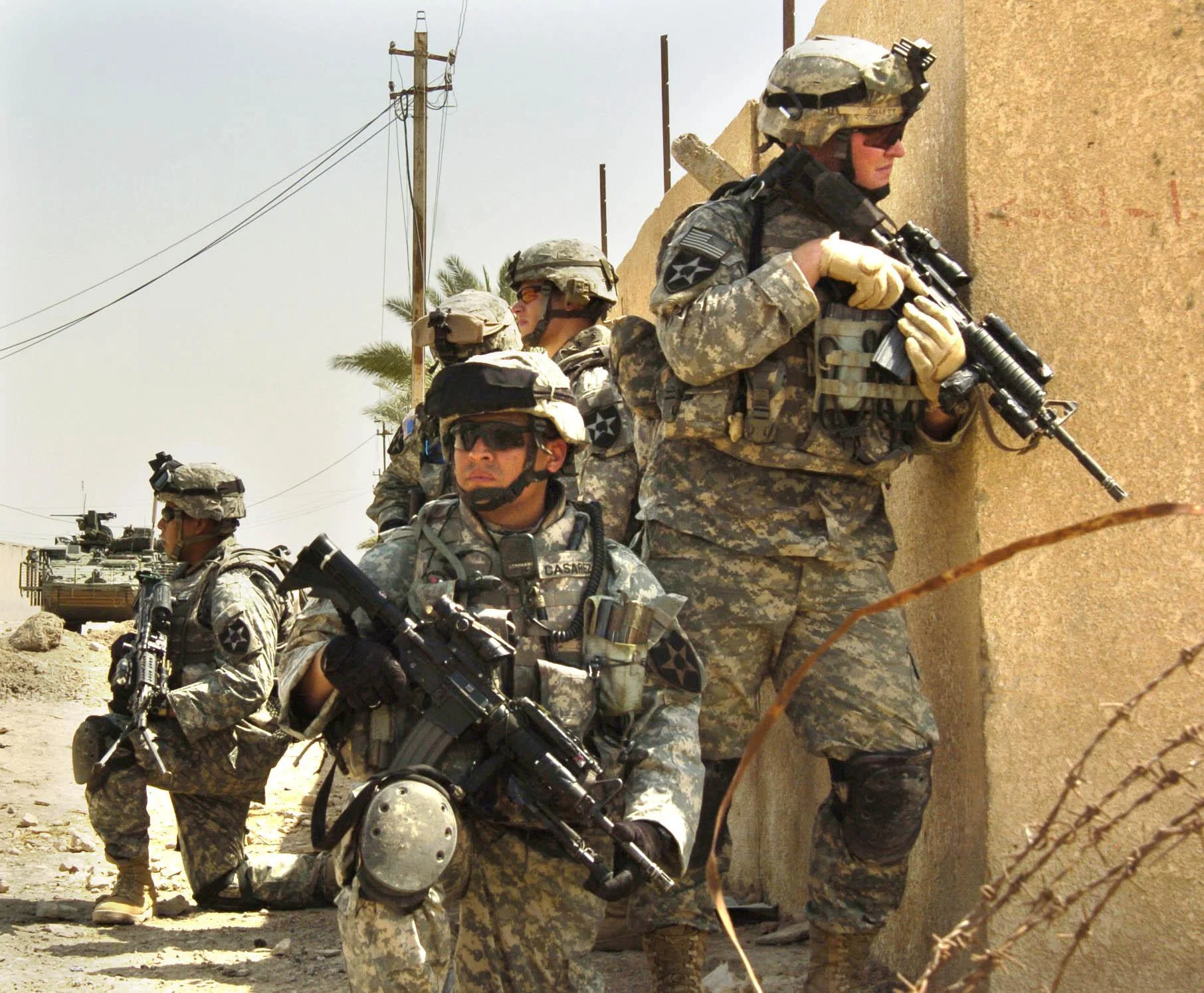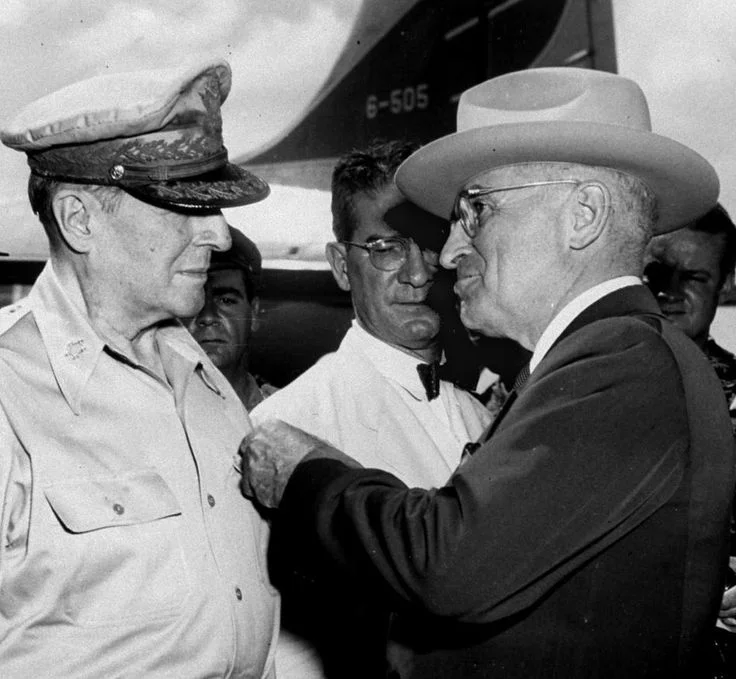If you are looking for an accessible, practical introduction to moral psychology and ethics for undergraduate, Professional Military Education classes, or the general interest reader, look no further. Philosopher and psychology researcher Christian Miller’s The Character Gap distills much of his own scholarly work, as well as the thoughts and writing of others, into a readable, accessible volume with practical examples, citations from important studies, and popular culture references that bring alive questions of moral character and development. This volume asks us not just to consider others’ moral character, but also reflect upon our own, the gaps in it, and how we can improve it.
#Reviewing How to Think Like an Officer
The ideas that Bonadonna espouses for improving officer education and for widening the lenses that get used to examine problems have much to commend them. His arguments that there are elements of military culture that need to be re-examined and changed will certainly raise questions, but this is a good thing…Investing in the time to examine how officers think, and considering how we can improve upon the status quo, is an investment worth making. Arguably, doing so is a requirement of anyone belonging to the military profession.
Military Politics in an Age of Transition: #Reviewing A British Profession of Arms
Why, one might ask, is the late Victorian British army of any relevance to the U.S. military in 2019? Simply put, many of the ideas and themes discussed by Beckett are of timeless interest to those concerned with the ways in which professions ought to, and actually do, function. In fact, there are a striking number of analogies between the British Empire during the late Victorian and Edwardian period and the current geopolitical situation of the United States.
From Screen to Paper: Redefining the Modern Military
The professionalism of Western militaries is ripe for another discussion. The practitioners who make up the profession of arms—and those that study and teach them—owe it to their citizens, their governments, and themselves to shape their forces, and educate their professionals, in preparation for the future. It is their duty to ensure they are prepared to ethically and effectively achieve the military objectives their leaders lay before them, no matter the adversary or the context of the conflict.
In the Mind of the Enemy: Psychology, #Wargames, and the Duel
Over the last eighteen months, the Australian podcast the Dead Prussian has asked each of its guests a simple yet deeply contested question: “What is war?” Answers have ranged from Professor Hal Brand’s insightful “war is a tragic but inescapable aspect of international politics” to my own citation of John Keegan’s “war is collective killing for some collective purpose.”Nobody so far has said that war is a “game”. Thankfully this isn’t surprising; anyone who has fought in war, or just studied it, will be aware that this would trivialise the destruction that can lie within. But it is also of note that nobody so far has labeled war as a duel.
The Business of a Profession
Though the Army has taken positive initial steps by addressing toxic leadership, its methods for assessing and culling its people, as well as the management of superfluous amounts of data, negatively impact trust inside the profession. The very nature and size of the Army as a government service will always require complex management systems. Though it is appropriate to look at similar large enterprises for the best practices to efficiently apply limited resources, the Army’s role as the profession of arms is about effectiveness. Like the historic professions, patients want to get healed; the accused want to be exonerated, and the Army must win the “contest of wills.” Stewards of the profession of arms must constantly assess the efficiency of the institution’ systems and practices and their impact on effectiveness--- all while preserving the trust of not only the American people, but also the Army’s own soldiers, civilians and families.
#Profession and 'New Model Army'
In an attempt to procrastinate from writing my thesis, I recently read Adam Roberts’ New Model Army. It is a sci-fi story centred on the narrative of an unnamed protagonist who deserted from the British Army but is now a member of a ‘New Model Army’ (NMA) called ‘Pantegral.’ The Pantegral NMA is an amorphous group organised around democratic ideals (for example, its members vote for courses of tactical action during a battle) and use a wiki for communication and coordination. In a sense it is a ‘crowd sourced’ army based on the equality of its members; all of whom have a vote about how the NMA is run and how battles are fought. The story is set in a dystopian future where secessionist Scotland is at war with the rest of Britain and hires the NMA as its armed force. Here’s an extract from the book that gives a flavour for what NMA is all about:
Lets say our eight thousand men, coordinating themselves via their wikis, voting on a dozen on-the-hoof strategic propositions, utliizing their collective cleverness and experience (instead of suppressing it under the lid of feudal command) — that our eight thousand, because they had drawn on all eight thousand as a tactical resource as well as a fighting force — had thoroughly defeated an army three times our size. Let’s say they had a dozen armoured- and tank-cars; and air support; and bigger guns, and better and more weapons. But let’s say that they were all trained only to do what they were told, and their whole system depending upon the military feudalism of a traditional army, made them markedly less flexible; and that each soldier could only do one thing where we could do many things. Anyway, we beat them.
The underlying assumption in the novel was that the NMA consisted of anyone that wanted to fight and that the wiki was practically a ‘deus ex machina’ that suddenly made the amorphous mass an ‘army’ that had the skills and knowledge to take it to the British and win. On the other hand, the British Army was considered ‘feudal’ and inflexible by comparison; and that these very characteristics were what made it less effective on the battlefield than the NMA.
The book painted an interesting backdrop against which all the articles within the #Profession series can be examined, and enables the extrapolation of the fundamental prerequisites to becoming a ‘profession’. There were three key themes about professionalism that leaped out at me while I was reading the book:
- ‘Fighter’ versus ‘Professional.’
- Professionalism and accountability.
- Pendulum of professionalism.
‘Fighter’ versus ‘Professional’
Mike Denny’s article discusses the issue of when a ‘fighter’ becomes a ‘professional.’ He argues that a soldier’s ability to make autonomous decisions, based on extensive knowledge and experience, is what separates the ‘mere fighter’ from the ‘professional.’ A fighter requires some validation or direction from others to proceed with a course of action, while the professional has the confidence to make a decision on their own that is relevant to their assessment of the situation. Based on this assessment, the NMA does not have any professionals because decisions are made by the ‘hive mind’ in the context where quantity (number of votes) trumps quality of decision. The NMA soldier cannot act alone, despite being able to ‘do many things.’
Dedication to learning the art (and craft?) of war is imperative.
Our Pantegral protagonist also criticises the British Army for being feudal and inflexible. However this ignores the concept of ‘mission command’ that is central to the command and control paradigm of many modern military forces. Originally conceived as an enabler for seizing the intiative versus set piece battles, ‘mission command’ (auftrakstaktik for the purists) relies on professionalism and trust — junior leaders must understand commander’s intent and have the expertise and experience to know when to seize the initiative rather than wait to receive an order to take action[1]. Sometimes, as Denny argued, it might just require breaking some rules! As many of the authors in the #Profession Series pointed out, merely joining the military does not make one a ‘professional;’ in the same way that being able to fix some dodgy plumbing based only on YouTube DIY videos does not entitle you to call yourself a ‘plumber.’ Dedication to learning the art (and craft?) of war is imperative. I doubt that such an ethos exists within a Wikipedia/Google-powered NMA.
In order to have accountability, there must be an identifiable entity that has made a decision and, if necessary, against whom some remedial or punitive action can be taken…
Professionalism and Accountability
Many contributors to the #Professional discussion also highlighted the ethical aspects of professionalism. Dr. Rebecca Johnson discussed the obligation to serve someone other than the people who purport to be part of the profession (no self-licking ice cream cones here) and the need to maintain the trust of ‘the people;’ which implies some measure of accountability to ‘the people.’ In order to have accountability, there must be an identifiable entity that has made a decision and, if necessary, against whom some remedial or punitive action can be taken in relation to the decision made.
The NMA narrator derides the ‘feudal’ nature of the British forces. This attitude seems founded on the hierarchical, rank based and seemingly inflexible command and control structure in conventional military forces. This is subsequently compared with the flat organisational structure of the NMA, where all members are regarded as ‘equals.’ This may be good for fostering a sense of belonging and unity, but does little to enhance professionalism. The flat organisational model of the NMA, coupled with the ‘everyone is equal’ culture results in the diffusion of responsibility for the course of action selected. When the primary criteria for a decision is majority rule, holding the decision-makers to account becomes difficult.
As my drill sergeant was fond of reminding my course during our initial training course, ‘you may be defending democracy, but this [the military] is not a bloody democracy!’ The reason is clear — professional organisations require a hierarchical structure through which values and standards are enforced; ‘the knowledge’ passed on; and direction given. Accountability for decisions is relatively clear in the profession of arms — the commander may bask in the glory; but must also bear the burden of any criticism.
Pendulum of Professionalism
Various arguments were made throughout the #Profession series about the relative nature of professionalism. Roster#299 argued that ‘[t]he military is a profession that adjusts its level of professionalism according to how much it is being used;’ with military forces generally being more like a profession in times of relative peace and less like a profession in times of war. This is consistent with the view proposed by Dr. Don Snider (via Nathan Finney) that professions can ‘die;’ and that merely ‘[w]earing a uniform or getting paid to perform a role does not make someone a professional.’ Angry Staff Officer goes further by saying that ‘just giving a man a gun and pointing him towards the enemy does not make him a soldier’. Based on these criteria, members of the NMA are not professionals — they wear a uniform, get paid, and fight some battles. You might as well hire some Halo cosplayers [2]! You won’t get much warfighting professionalism for your buck.
An individual is inducted into a profession after an assessment of skills and knowledge that are central to the profession (call it basic training). This is just the beginning of a long professional journey along a road that never ends — unless you chose to stop (ie retire or are dismissed). The professional may ‘die’ along the way if they do not make the effort to invest in maintaining and improving the skills and knowledge fundamental to the profession of arms. Dr Simon Anglim emphasises the importance of continuing education in maintaining standards within a profession.
…small bands of fighters have, at times, overcome larger and better equipped forces.
Going back to the scenario at the start of this post, our Pantegral protagonist emphasised that a small NMA force defeated a much larger (three times bigger), and better equipped element of the British Army. This scenario is reminiscent of some real world experiences in Iraq and Afghanistan — small bands of fighters have, at times, overcome larger and better equipped forces. Any attempt to identify one causal factor leading to the defeat of the larger force is difficult, but I might humbly posit a possible consideration: the larger, better equipped force is in professional decline. Perhaps the force is no longer dedicated to understanding and studying warfare (its width, depth and context: Michael Howard).
Perhaps the key to avoiding such defeat in the future is to invest in those leaders who have dedicated themselves to understanding the profession of arms (strategy / military history), and who are unrelenting in their pursuit of self-improvement. These individuals will be the touchstones for maintaining the professionalism of military forces, as they lead soldiers/sailors/airmen who many not be as dedicated to the profession, into an unforgiving and binary environment characterised by life or death; victory or defeat.
The Proprietor of ‘Carl’s Cantina’ is an Australian military officer who has served in Iraq and Afghanistan. The Proprietor is an Associate Member of the Military Writers Guild and is currently writing a thesis on Australian civil-military relations. The opinions expressed are hers alone and do not reflect those of the Australian Defence Force.
Have a response or an idea for your own article? Follow the logo below, and you too can contribute to The Bridge:
Enjoy what you just read? Please help spread the word to new readers by sharing it on social media.
Notes:
[1] I thought I’d throw in the German term for the purist strategist, just as I’d throw in a Latin term for the purist lawyers! For a discussion on auftragstaktikand its modern utility, see John T. Nelsen II, ‘Auftragstaktik: A Case for Decentralised Battle’ Parameters, September 1987.
[2] As the proud owner of a partially constructed (and therefore not yet vetted by the 501st Legion) Stormtrooper outfit, I just want to make it clear that I have nothing against cosplayers!
#Profession in One Tweet
Try the “One Tweet” challenge on your own. Capture what you perceive as the essential elements of your own profession or organization, and challenge your peers and subordinates to do the same. Keep in mind that challenges like this often reveal more in what they exclude than what they include. Compare the results and use the similarities and differences to drive a conversation that leads to actions like a “stop doing” list. You might be surprised by the results.
The Professional Bridge: Discourse and the Bondage of Needing the Right Answer
Truth can triumph over parochialism only when military professionals unburden themselves from responsibility for conclusive answers, which are ultimately monuments to obsolescence, and share their individual glimpses of reality to create an understanding of war that remains lacking in a still dangerous world.










